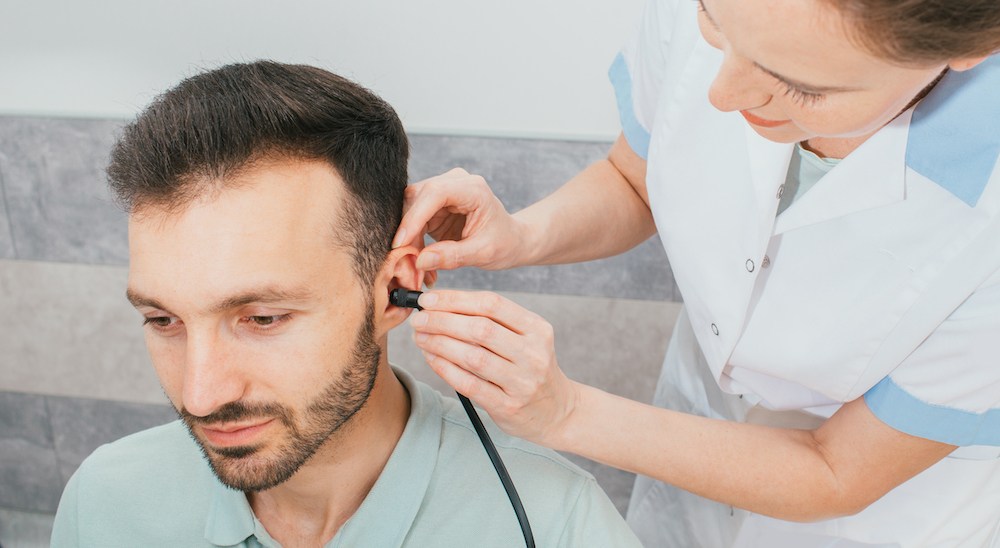The Future of Hearing Tests
The way hearing health is monitored is changing as healthcare technology


The way hearing health is monitored is changing as healthcare technology

Over-the-counter (OTC) hearing aids are a newer option for adults with

Most people know that smoking affects the lungs and cardiovascular system,